The Importance of Climate Justice and Liability
When we think of the climate crisis, we often only see it as an environmental issue. What many of us fail to consider is that it is also a human rights issue. With climate justice, we shed light on how climate change affects us politically and socially as well.
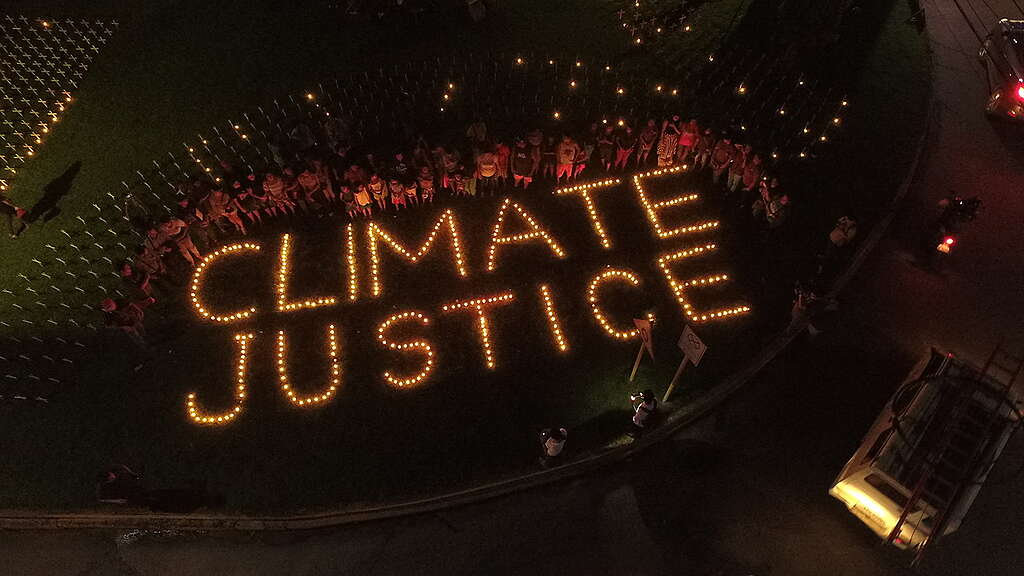
What is climate justice?
While the climate crisis is a global issue, that doesn’t mean that it affects everyone equally. There are regions across the world that are more vulnerable to the dangers of climate change, with Southeast Asia being one of the most susceptible. Situated near the equator, lined with long coastlines, and populated with low-lying areas, these factors put the region’s almost 686 million population at the mercy of rising sea levels and extreme weather.
The world’s deadliest typhoons in the past few decades alone have made landfall in the Philippines. From 2015-2020, Southeast Asia experienced the strongest droughts recorded in the region, with over 70% of the land area affected at its peak. Economic hubs like Bangkok, Manila, and Jakarta are slowly sinking as the surrounding seas rise.
What’s worse is that these vulnerable regions, while already taking the brunt of the environmental impacts of climate change, are also the most exploited by people in power. And this disparity is not accidental, it is by design. The climate injustice is tied closely to economic inequality.
It is an undeniable fact that the poorest nations that have contributed the least to the climate crisis are suffering the most when it is the rich countries of the Global North who are to blame for the majority of the world’s carbon emissions that are experiencing its effects the least.
Big Polluters aka fossil fuel giants like Shell and ExxonMobil, who have made billions of dollars over the years through their exploitation of natural resources and contribution to carbon emissions, have continued to deny and lie about their role in accelerating the climate crisis.
Which is why climate justice is so important. It is about addressing the unfairness, balancing the scales, and putting equity and human rights at the forefront of climate change action and decision-making.
At its core, it is holding these wealthy countries, businesses, and industries that have made a fortune through emitting greenhouse gases accountable for their actions. It is about getting them to help the communities that they have affected and are suffering from their carbon footprint the most.
Enacting climate justice
Climate justice isn’t just as simple as dividing the responsibility for addressing climate change fairly; it must also do so while addressing different inequalities, such as systemic, socioeconomic, and intergenerational.
Gender, race, ethnicity, and socioeconomic status can affect how one is affected by climate change. Most vulnerable are women, who have access to fewer resources compared to men as they are subjected to the effects of gender-based discrimination; people with disabilities, who are the most adversely affected by emergencies and ironically have the least access to emergency support; and Indigenous Peoples, who often live in and protect the biodiverse lands, who are facing increased threats to their lives, livelihoods, and culture.
Children and youth will bear the full force of climate change despite their non-existing or insignificant contribution to the climate crisis.
All of this is to emphasise the importance of tackling climate change as a human rights issue, first and foremost.
When we develop action points, draft treaties, and enact movements, these solutions must consider the different challenges that face multiple and varying communities, especially vulnerable minorities.
Just transition is an important aspect of climate justice. The solutions that we propose must be adaptable, just, and sustainable. It’s not only about focusing on the appropriate monetary reparations but also empowering everyone to move towards an eco-friendlier lifestyle that is fair for everyone—including the people that work in the polluting industries.
While working towards climate justice is not an easy path, it’s not impossible. Even here in our region, the movement to achieve climate justice is taking root and even bearing fruit, setting a precedent for other nations to follow.
Moving from climate justice to reparation
In the Philippines, climate justice isn’t just an abstract concept. We’re making moves to actually hold Big Polluters accountable. Greenpeace Southeast Asia, along with numerous other concerned organisations and eco-warriors, filed a landmark petition asking the Commission of Human Rights (CHR) to investigate both a general issue—“the human rights implications of climate change and ocean acidification and the resulting rights violations in the Philippines”—and the more specific one—“whether the investor-owned Carbon Majors have breached their responsibilities to respect the rights of the Filipino people.”
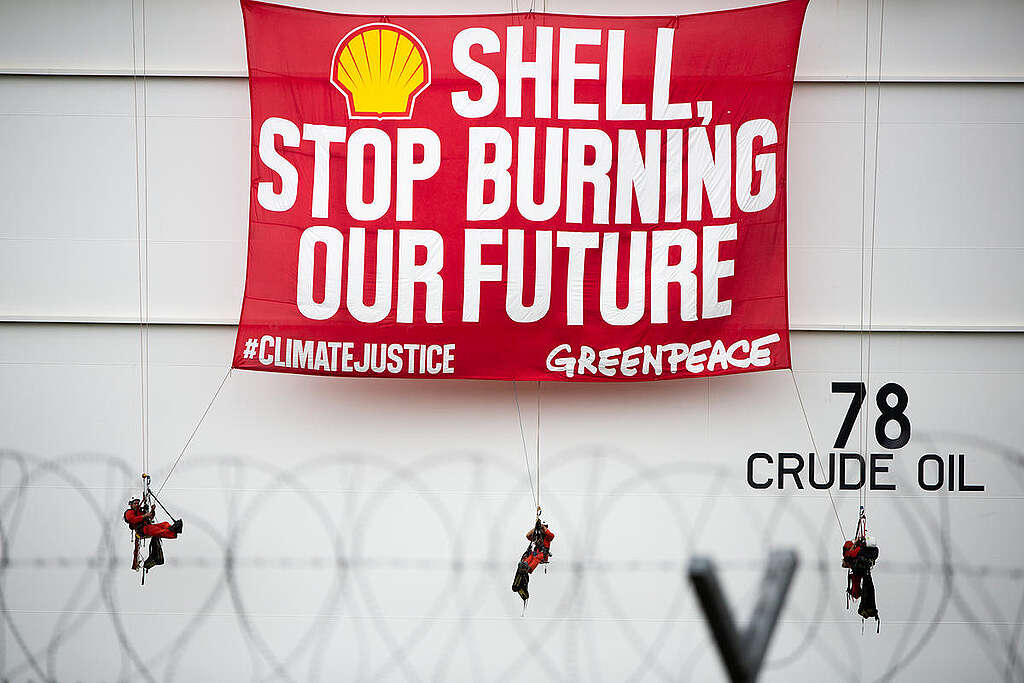
A historic move, this petition kickstarted the first ever human rights investigation into corporate responsibility for climate change with favourable results, with the CHR’s findings giving legal grounds to hold the 47 investor-owned fossil-fueled corporations (the Carbon Majors companies) responsible for human rights harms that result from their actions triggering climate change.
Greenpeace protestors and other activists are also taking action on the ground through organised blockades to impede the operations of giants like Shell Philipinas Corporation. They demand that the government make these fossil fuel companies pay for the losses and damages experienced by impacted communities.We have also established a platform called the Museum of Climate Justice for those who have been disproportionately affected by the climate crisis to share their stories and inspire others to show solidarity with these communities and become advocates for change.
How you can help achieve climate justice
While the movement towards climate justice calls for a more systemic change and transition, there are actions that we can take individually to support this fight.
1. Recognise climate change victims. By sharing and uplifting their experiences, we can rally greater support and a chance to achieve justice in the court of law.
2. Hold Big Polluters accountable. We have let these climate terrorists escape responsibility for their human rights violations for too long. Rather than accepting half-baked answers and fruitless voluntary efforts, it’s time to demand that they assume responsibility and make the necessary reparations towards affected communities.
3. Ensure that affected communities are included in the planning and decision-making of climate change actions. This is to guarantee fair representation and diversity to achieve true climate justice and liability.
4. Organise climate justice events to spread more information and gather future eco-warriors for the cause.
5. Join Greenpeace as a supporter or volunteer with Greenpeace
-
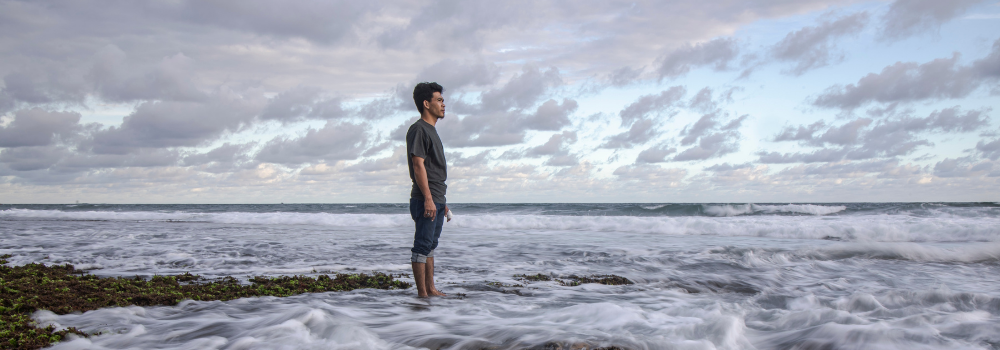
Surat Dukungan Global: Solidaritas Bersama Para Nelayan
Tidaklah mudah bagi seseorang untuk menghadapi perusahaan besar yang memiliki sumber daya dan pengaruh kuat seperti Bumble Bee–sebuah perusahaan tuna kaleng asal Amerika Serikat bernilai jutaan dolar. Namun demikian, sekelompok nelayan migran Indonesia sedang melakukannya. Surat ini akan disampaikan kepada tim kuasa hukum para penggugat sebagai simbol dukungan dan solidaritas. Kami, individu dan organisasi yang…
-

全球連署:一起捍衛漁工人權
全球連署:一起捍衛漁工人權 「以己之力,對抗資源雄厚的大企業」,從來不是一件容易的事情,但這群印尼漁工做到了。他們勇敢站出來,向美國前三大鮪魚罐頭品牌大黃蜂(Bumble Bee)爭取自己的權益。此封連署信將會交給他們的法律團隊,並分享給漁工們,以表達您的支持與聲援。 我們在此向那些對大黃蜂提起人口販運訴訟的漁工們表達聲援。根據訴狀,提告漁工們表示,他們在供貨給大黃蜂的漁船上捕撈鮪魚時,曾遭遇包含肢體暴力、精神虐待、未受治療且危及生命或導致殘障的傷害、抵債勞務、超時工作、扣發薪資,以及對其家人進行財務威脅等情況。 漁業是地球上最危險也最孤立的工作場所之一,全球估計有超過 128,000 名漁工處於強迫勞動的工作環境中。為了供應市值高達 3,500 億美元的全球海鮮產業,過度捕撈與破壞性漁法正加速掏空我們的海洋資源。這兩個相互交織的問題,不只讓海洋生態陷入惡性循環,也剝削漁業勞工的權益,並對全球沿海社區造成嚴重衝擊。 在此,我們同聲譴責並呼籲: 為此我們與漁工們站在一起 在此簽名 工會: 非營利組織: 企業: 個人: 請參閱此處
-

Solidarity with Fishers
It is never easy for individuals to go up against large, well-resourced, and influential corporations like Bumble Bee, but a group of Indonesian fishermen are. This letter will be delivered to their legal team with a request to share it with them as a symbol of support and solidarity. We, the undersigned individuals and organizations,…
-
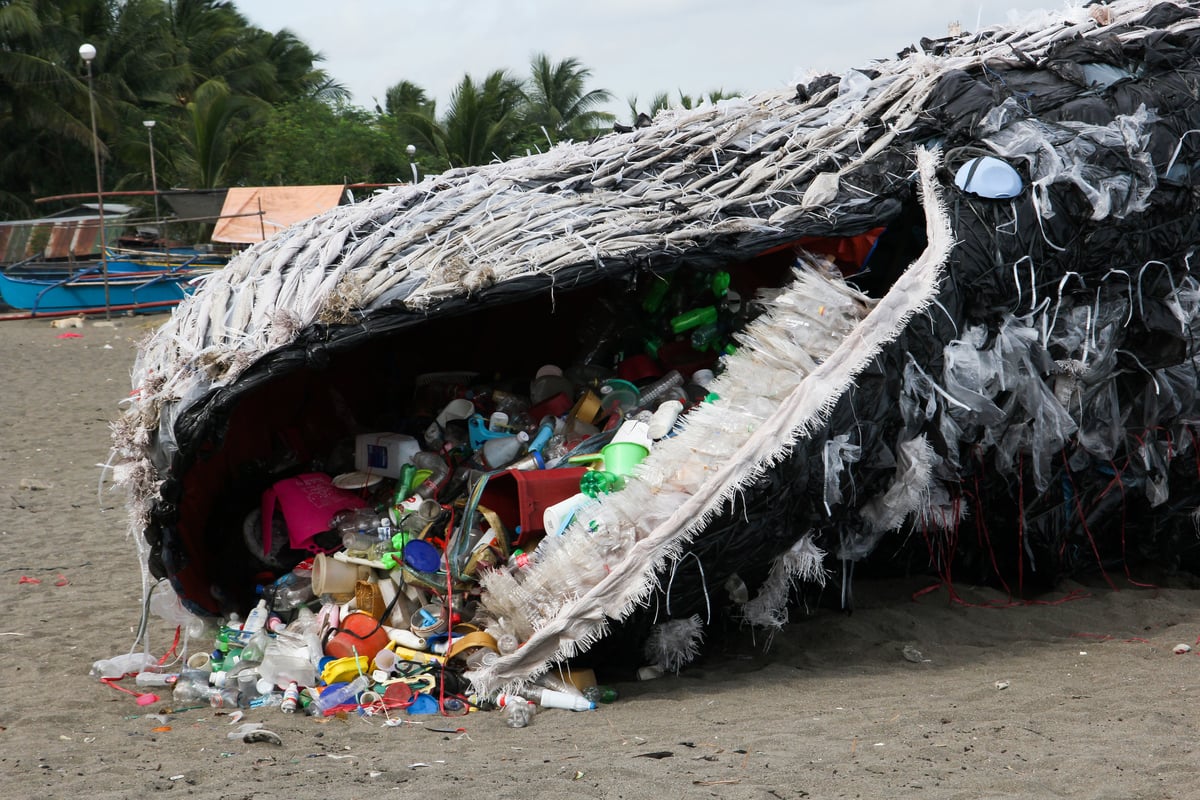
Let’s end the age of plastic!
Ask world leaders to support a strong global plastic treaty that addresses the whole life cycle of plastic.
-
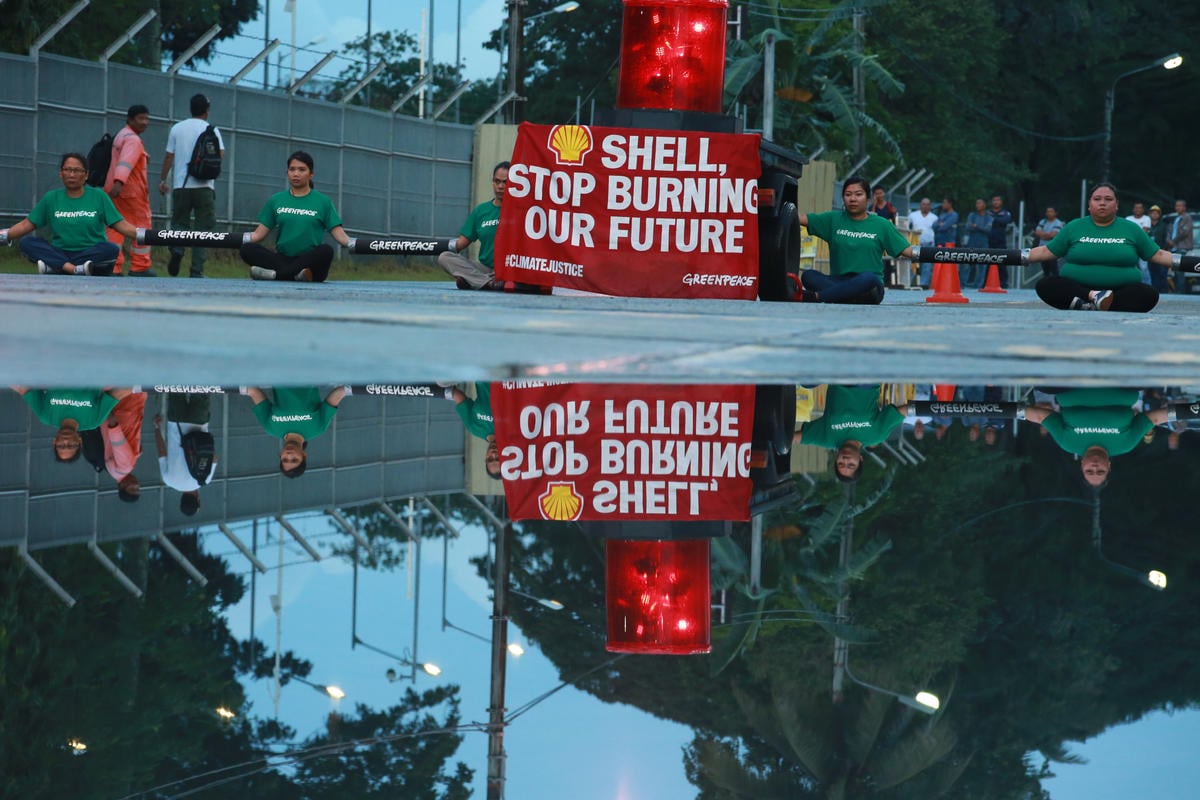
Make polluters pay
Let’s stand with Filipino communities calling for an end to fossil fuels and payment for climate damages.
-

Do you know where your seafood comes from?
Hey Jerry Chou – it’s time to do your part to protect fisheries workers and our oceans.
-
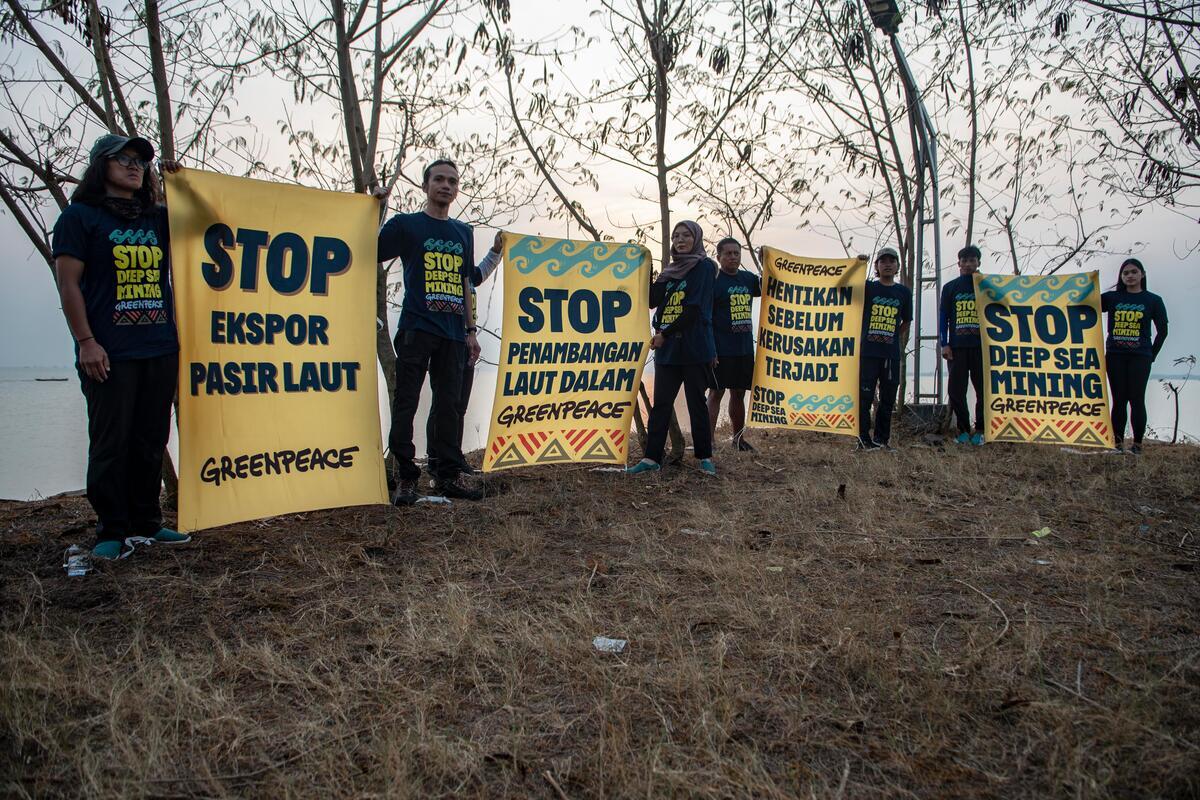
Stop Deep Sea Mining
We need a global moratorium to stop the launch of this destructive new extractive industry. Join the Campaign now.
-
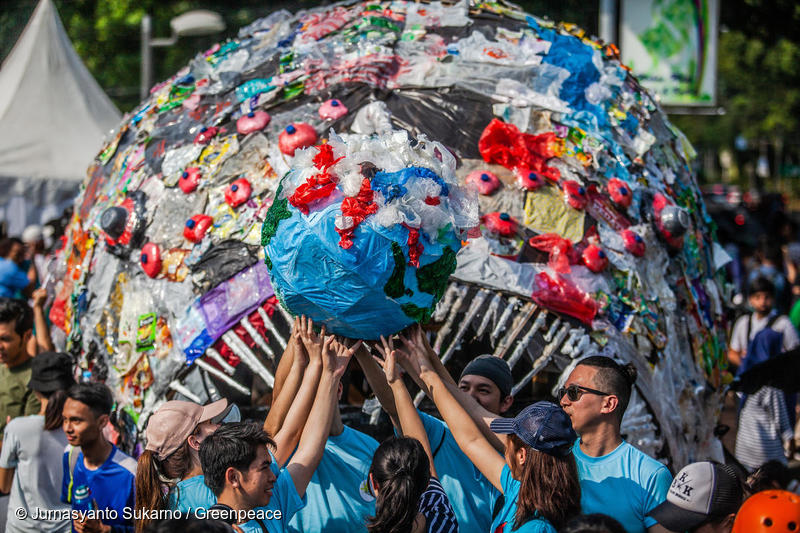
Stop plastic pollution!
Ask world leaders to support a strong global plastic treaty that addresses the whole life cycle of plastic.
-

Protect the Oceans
The threats facing our oceans are getting more urgent, find out how you can make a difference
-
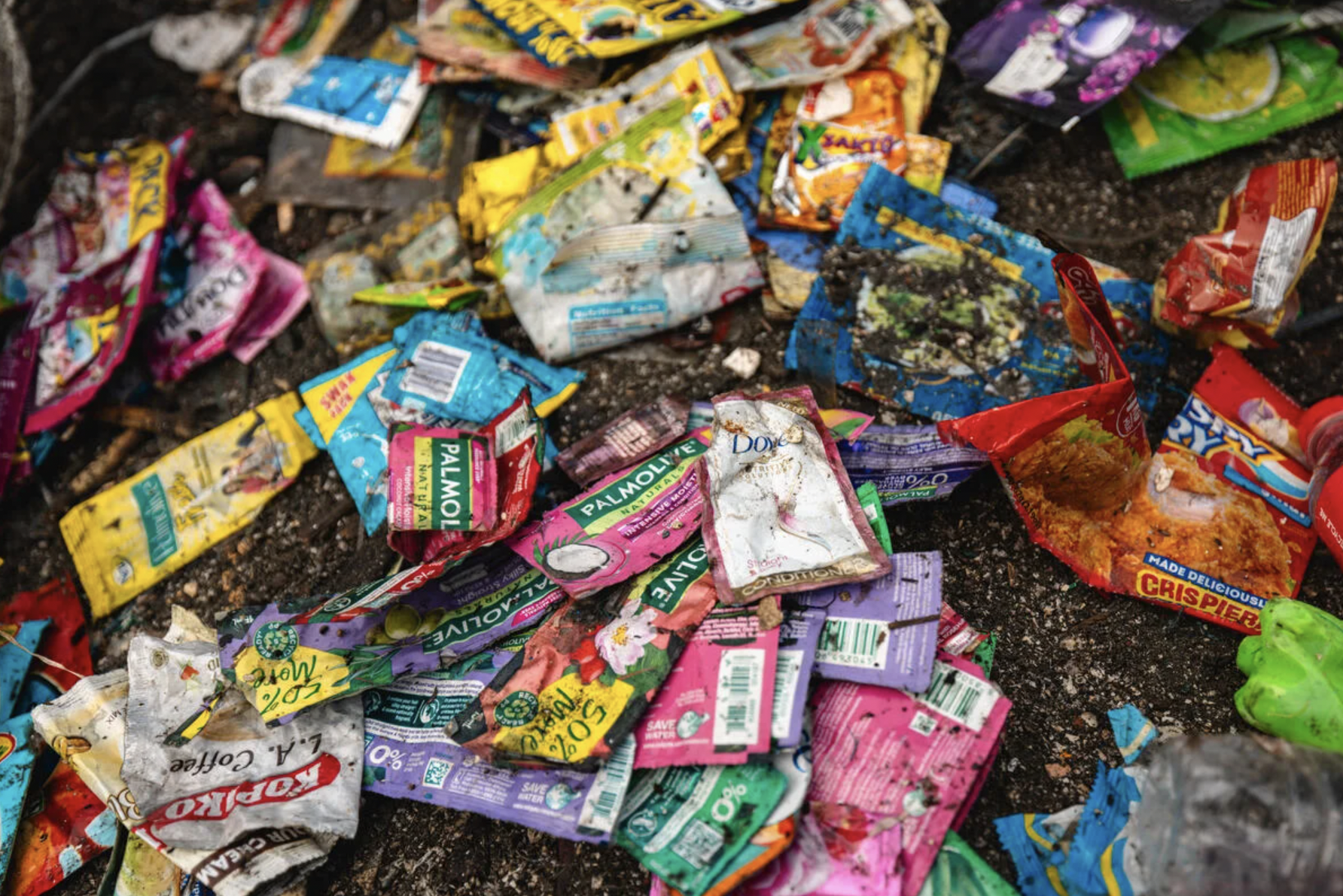
Reuse is working. It’s time for major brands like Unilever to help it grow.
Reuse at scale isn’t a distant ambition. It’s happening right now, despite the companies still profiting from the status quo.
-
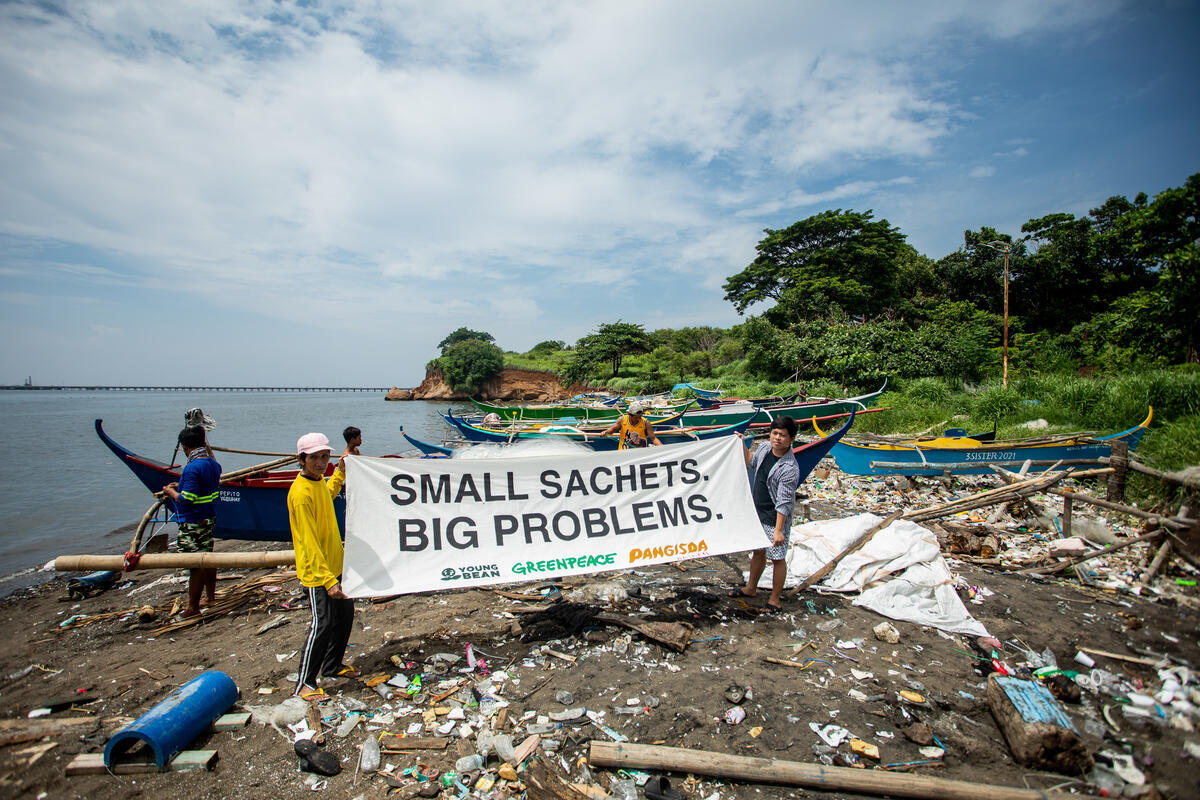
What Consumed reveals about Unilever and why the company must break its sachet habit
Brands like Unilever are now locked into disposability. Despite sustainability promises, the company continues to rely on sachets for volume and margins, even as the pollution becomes impossible to ignore.
-
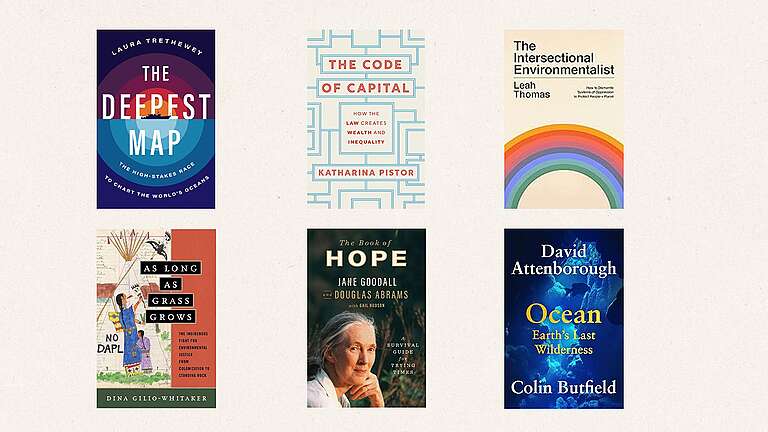
Oceans, hope, environmental justice, critiques of capitalism: 6 books to start 2026
Here are 6 inspiring books discussing oceans, critiques of capitalism, the Indigenous fight for environmental justice, and hope
Keep learning about
Keep me posted!
Sign up as a Greenpeace supporter to get the latest updates and action alerts in your country.

